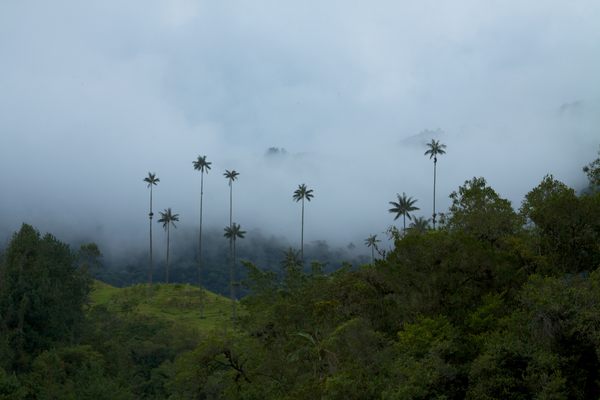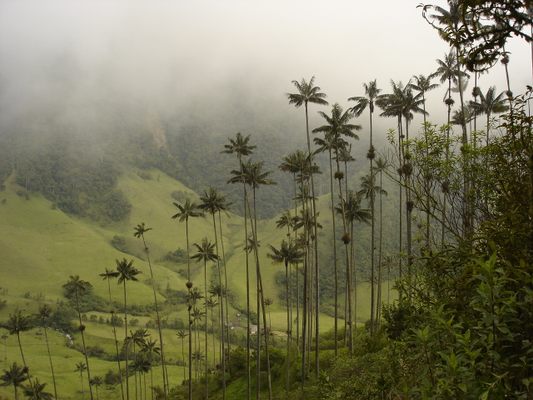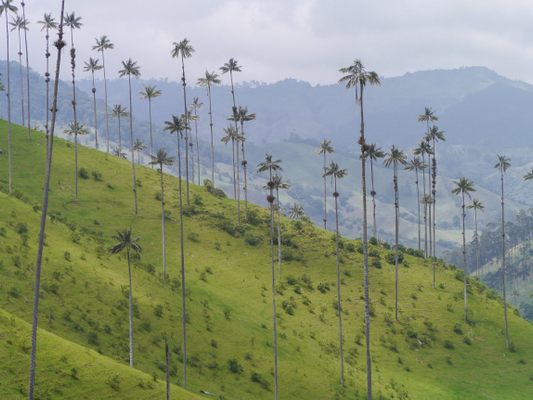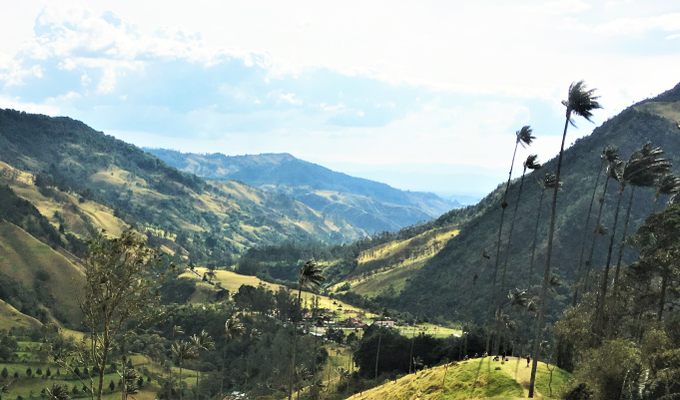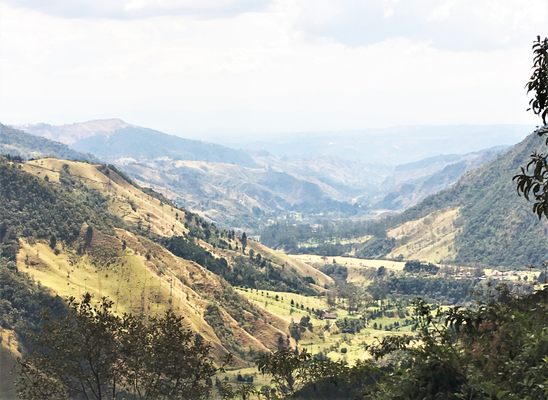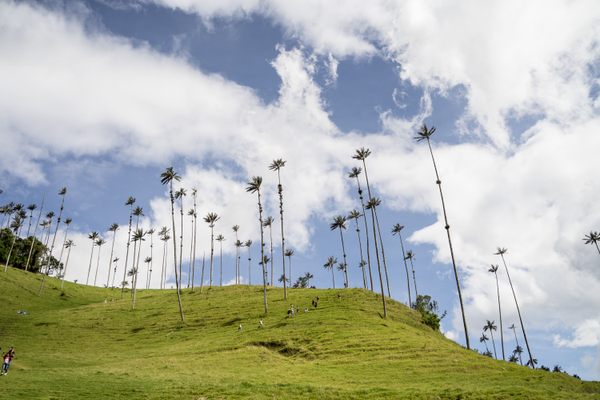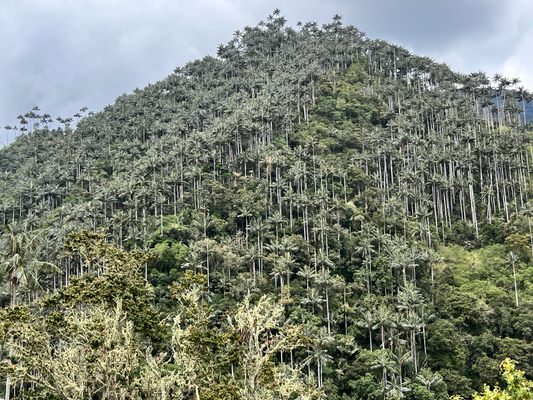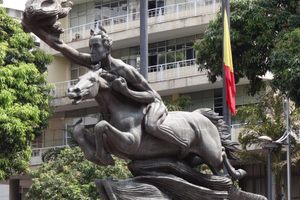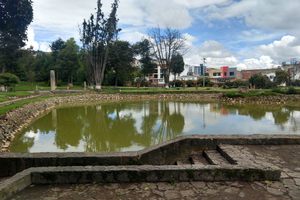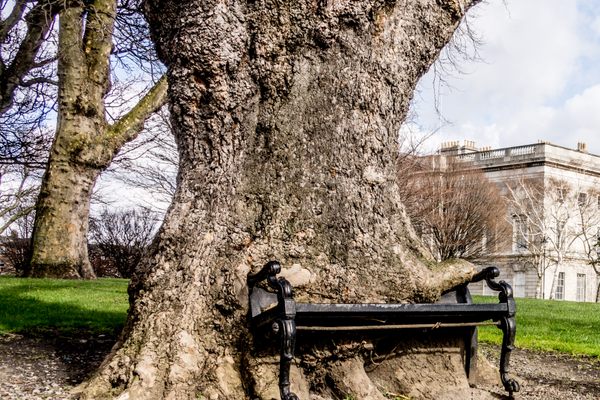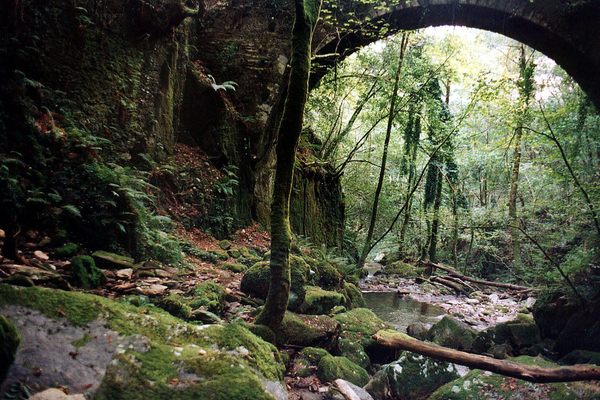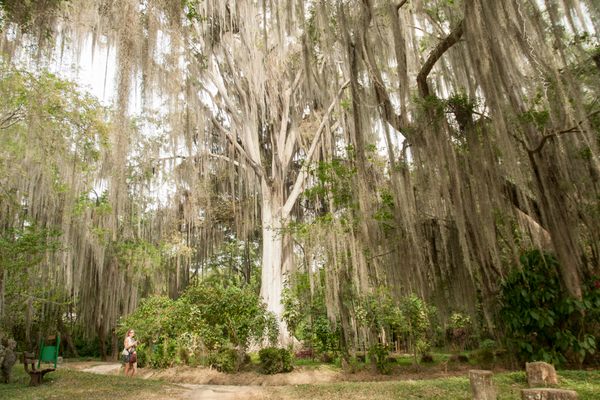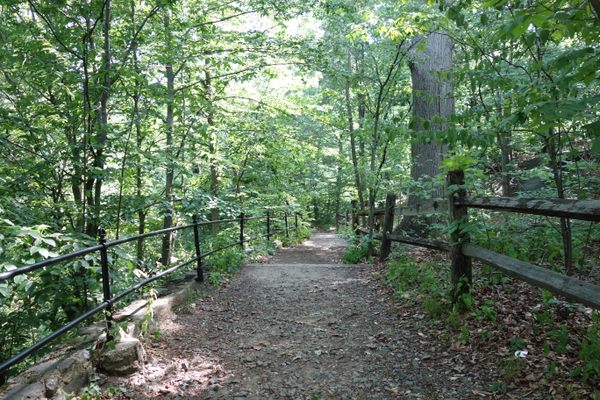About
Enormous, slender trees stretch skyward in this verdant valley. The wax palms, which can grow to up to 200 feet tall, are the tallest type of palm tree in the world, as well as the tallest recorded species of monocot.
The Cocora Valley, which at its lowest is still roughly 5,900 feet above sea level, is the main place to find these quirky-looking trees. The Quindío wax palm (Ceroxylon quindiuense) thrives in high-altitude places. It’s also an excellent home for endangered birds like the yellow-eared parrot.
With their slim trunks topped by clusters of leaves that resemble cottony tufts of greenery from a distance, the palms look like the whimsical trees in Dr. Seuss’s The Lorax. But sadly, these fantastic trees are in need of their own little Lorax to save them.
The wax palms have unfortunately been threatened by habitat loss, overharvesting, and disease.
Related Tags
Know Before You Go
The Cocora Valley is part of Los Nevados National Natural Park and therefore has special protection under Colombian law. The best way to reach the valley is by Jeep from Salento, the closest town to the valley. Arriving at the valley is easy but seeing the wax palm trees themselves requires a short trek. Dress accordingly.
Colombia Discovery: Coffee, Art & Music
Explore Colombia's depth: art, history, culture & transformation.
Book NowCommunity Contributors
Added By
Published
March 19, 2018
Sources
- http://www.bbc.com/travel/story/20130219-colombias-valley-of-the-palms
- https://www.intrepidtravel.com/adventures/colombia-cocora-valley-guide/
- https://en.wikipedia.org/wiki/Cocora_Valley
- https://theculturetrip.com/south-america/colombia/articles/the-ultimate-guide-to-hiking-the-cocora-valley/
- http://thewanderingblonde.com/2017/02/01/cocora-valley/
- https://www.peregrineadventures.com/blog/18/12/2017/colombias-coffee-region/
- https://www.livingoutlau.com/hiking-cocora-valley-colombia/

